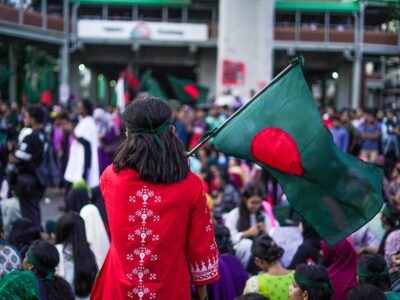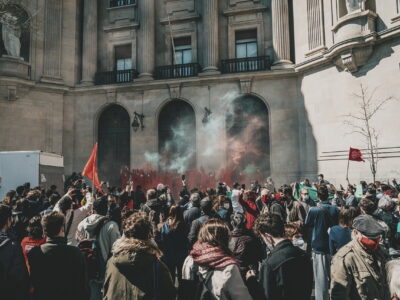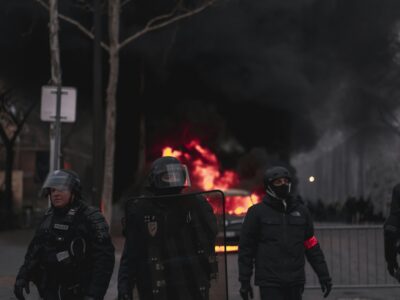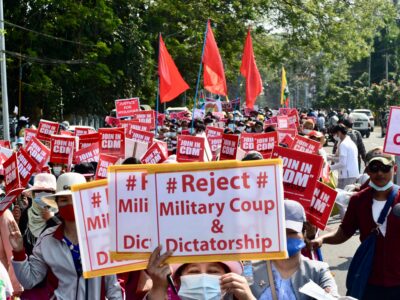Algeria is a country located in the North of Africa and the largest of the whole African continent, with a territory of more than two million km2. Predominantly Muslim, the majority of its population lives in the North, along the coastal areas near the Mediterranean Sea, given its Southern extension is part of the Sahara Desert.
Algeria: decision about the devaluation of the dinar and new restrictions on demonstration to increase protests








Comments